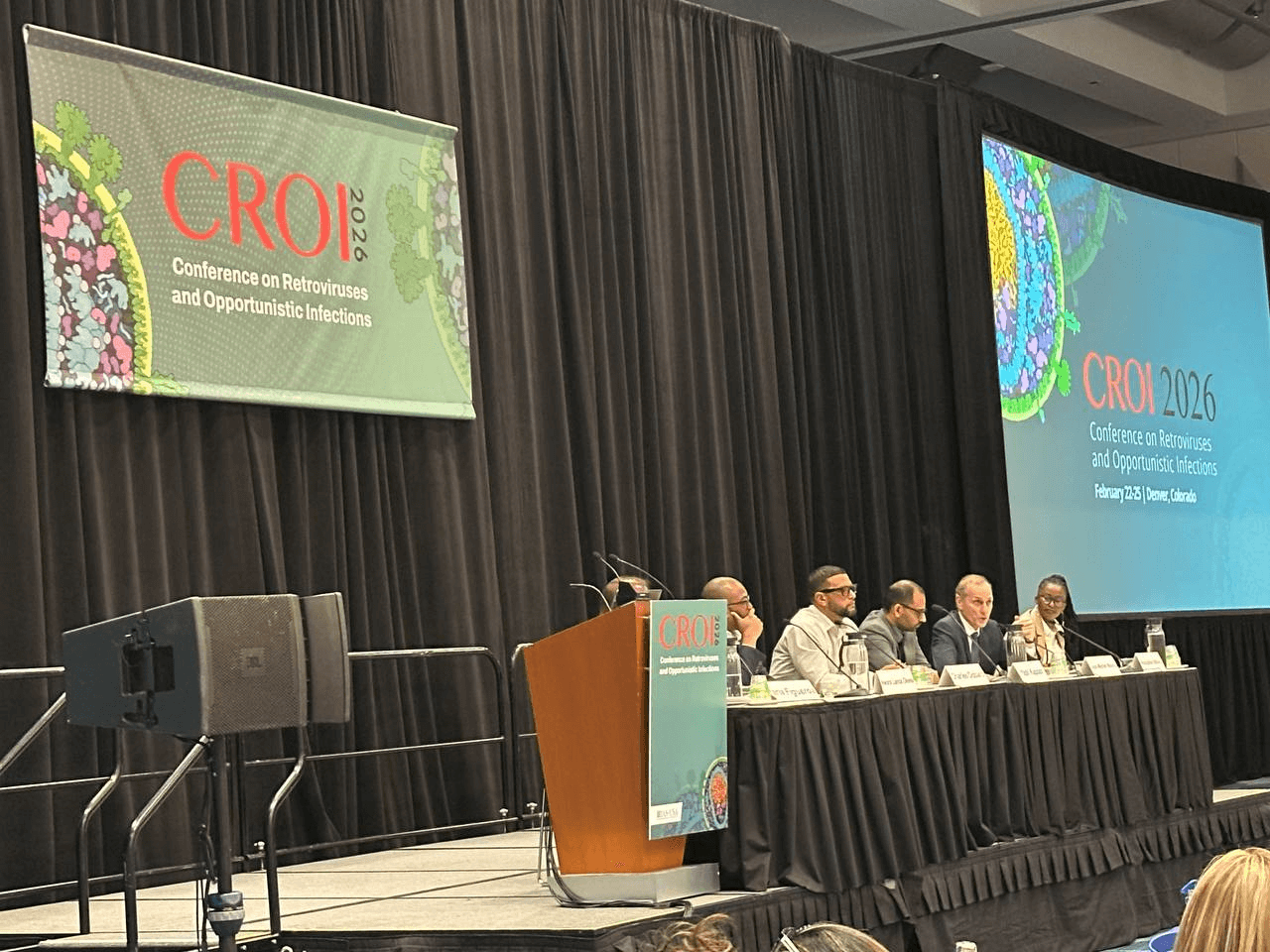Once-yearly HIV dosing a step closer with new Merck data

Merck, also known as MSD outside North America, presented data today on a new first-in-class compound that when used in an implant could lead to once-yearly HIV treatment.
Islatravir is an investigational Nucleoside Reverse Transcriptase Translocation Inhibitor (NRTTI) that is currently being evaluated for the treatment of HIV-1 infection, in combination with other antiretroviral agents, and for the prevention of HIV-1 infection as a single agent.
Merck presented the data from their Phase I study evaluating the safety, tolerability and pharmacokinetics of their subdermal implant at this week’s CROI 2021 conference.
Although this is still early days the data so far demonstrates that the implants provided active drug concentrations well above the threshold for efficacy at 12 weeks and projections show that this should continue to be true for up to one year. Merck plans to start a Phase II trial to further explore the potential of a subdermal Islatravir implant as a long-acting PrEP (pre-exposure prophylaxis) option for up to 12 months.
“We are delighted to share our early data at CROI 2021 supporting the potential for a once-yearly dosing regimen for islatravir using a subdermal implant,” said Dr. Joan Butterton, vice president, global clinical development, infectious diseases, Merck Research Laboratories. “We know that PrEP can have a positive impact in curbing the spread of HIV and are looking forward to evaluating our implant



